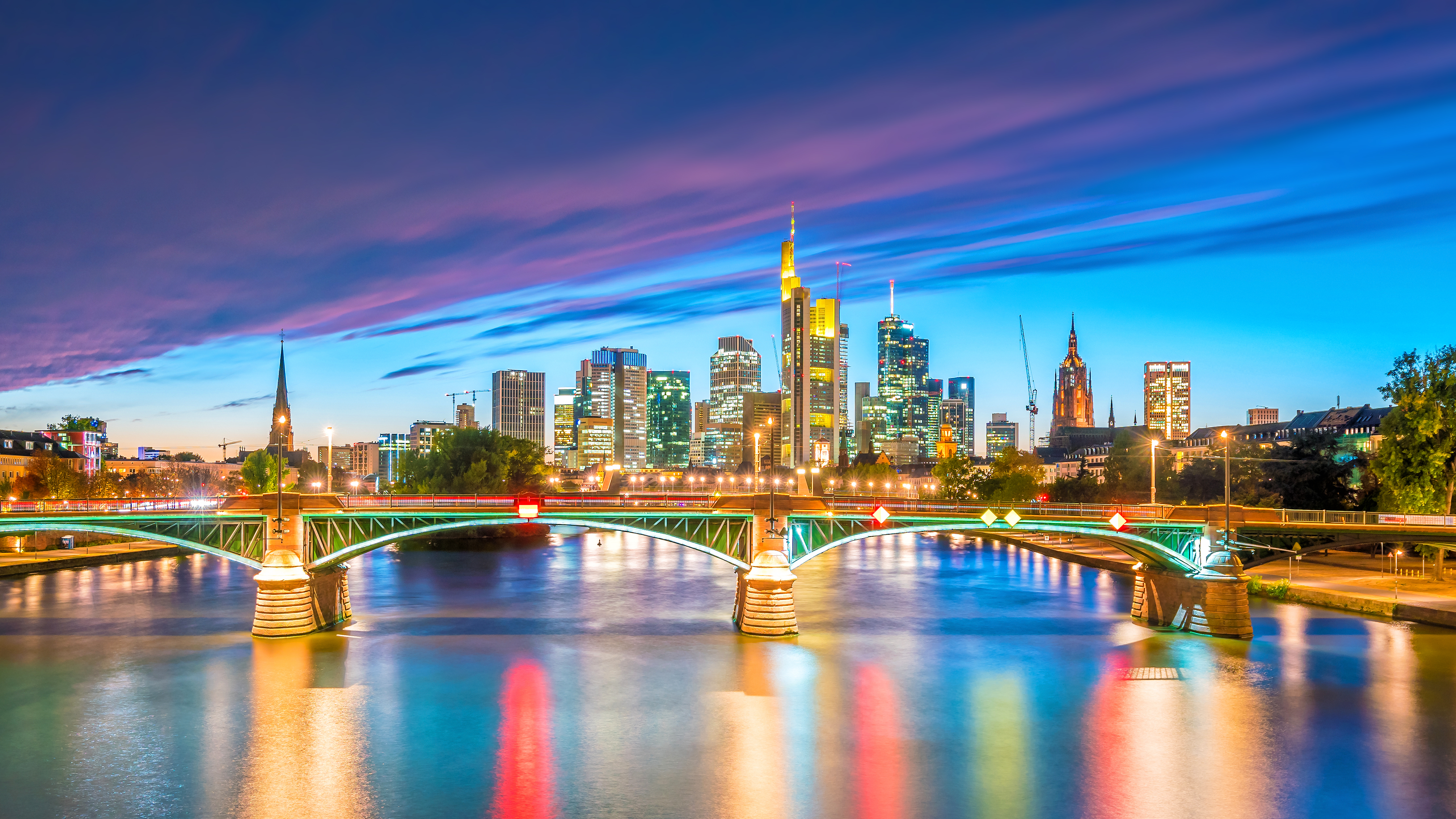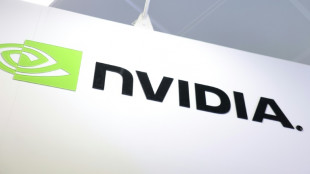

UN nuclear watchdog demands Iran open up bombed nuclear sites
The International Atomic Energy Agency board on Thursday passed a resolution demanding that Iran provide "full and prompt" cooperation including access to sensitive nuclear sites, but Tehran immediately rejected the measure.
Long-simmering tensions with the UN nuclear watchdog flared anew after Israeli and US strikes on Iranian sites in June. UN inspectors have not had access to any of the damaged complex.
IAEA chief Rafael Grossi on Wednesday renewed a call for Tehran to let inspectors into the key nuclear sites and the agency's governing board passed a resolution proposed by the United States, Britain, France and Germany by 19 votes to three with 12 abstentions.
The resolution "urges Iran to comply fully and without delay with its legal obligations" under existing UN Security Council resolutions "and to extend full and prompt cooperation to the IAEA, including by providing such information and access that the agency requests".
Iran's foreign minister Abbas Araghchi condemned the vote.
"With this action and disregard for Iran's interactions and good will, these countries have tarnished the IAEA's credibility and independence and are disrupting the process of interactions and cooperation between the agency and Iran," said Araghchi in a foreign ministry statement.
Araghchi on Wednesday refused to allow UN visits to the bombed sites, including the Natanz uranium enrichment plant and Fordo underground enrichment complex.
"We only cooperate regarding nuclear facilities that have not been affected, in compliance with IAEA regulations," he stated on Telegram.
- Negative impact -
Speaking after the vote, Iran's envoy to the IAEA, Reza Najafi, also told AFP the resolution would have a "negative impact" on relations with the UN agency.
"This resolution will not add anything to the current situation, will not be helpful, it is counter-productive," Najafi said.
Grossi said on Wednesday it would not be "logical" for a resolution to prompt less cooperation with his agency.
The IAEA has called on Iran to let it verify its enriched uranium inventories, especially a study of the sensitive stockpile of highly enriched uranium that was "long overdue", according to a confidential report seen by AFP.
The IAEA has said Iran had some 44.9 kilogrammes of 60 percent enriched uranium when the Israel-Iran war began on June 13 -- close to the 90 percent needed for a nuclear bomb and an increase of 32.3kg on May 17.
According to the agency, Iran is the only country without nuclear weapons that enriches uranium to 60 percent. Western powers and Israel have long accused Iran of seeking to build a bomb. Iran denies the charge.
"The stockpile of enriched uranium is still there, so we need to check on that," Grossi said Wednesday.
"We have performed a number of inspections, but we have not been able to go to the attack sites. I hope we will be able. Indeed, we have to go because this is part of Iran's commitments," Grossi added. "I hope we'll be able to move in a constructive manner."
Z.Meier--FFMTZ




